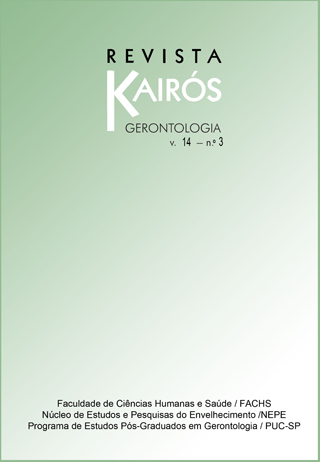Vovós feiticeiras: algumas reflexões sobre tristes relatos de idosas moçambicanas
DOI:
https://doi.org/10.23925/2176-901X.2011v14i3p181-196Keywords:
Older women, Violence, Witchcraft.Abstract
: Particular attention is paid to the accusations of witchcraft, in which the Traditional Doctor´s Association of Mozambique (AMETRAMO) and traditional healers play two roles: one as the accuser and instigator of violence, and the other as the target of that violence. The idea of witchcraft is an integral part of daily life and social relations, and many Mozambicans like to think it is the cause of their problems: in this sense older women are the scapegoats for their ills. At the same time the reality of high mortality rates among young adults due to HIV/AIDS and other causes, together with the number of older people who have survived these evils, gives rise to suspicions as to the reasons for their longevity, which is often attributed to witchcraft. Particular attention is paid to the accusations of witchcraft, in which the Traditional Doctor´s Association of Mozambique (AMETRAMO) and traditional healers play two roles: one as the accuser and instigator of violence, and the other as the target of that violence. The idea of witchcraft is an integral part of daily life and social relations, and many Mozambicans like to think it is the cause of their problems: in this sense older women are the scapegoats for their ills. At the same time the reality of high mortality rates among young adults due to HIV/AIDS and other causes, together with the number of older people who have survived these evils, gives rise to suspicions as to the reasons for their longevity, which is often attributed to witchcraft.


